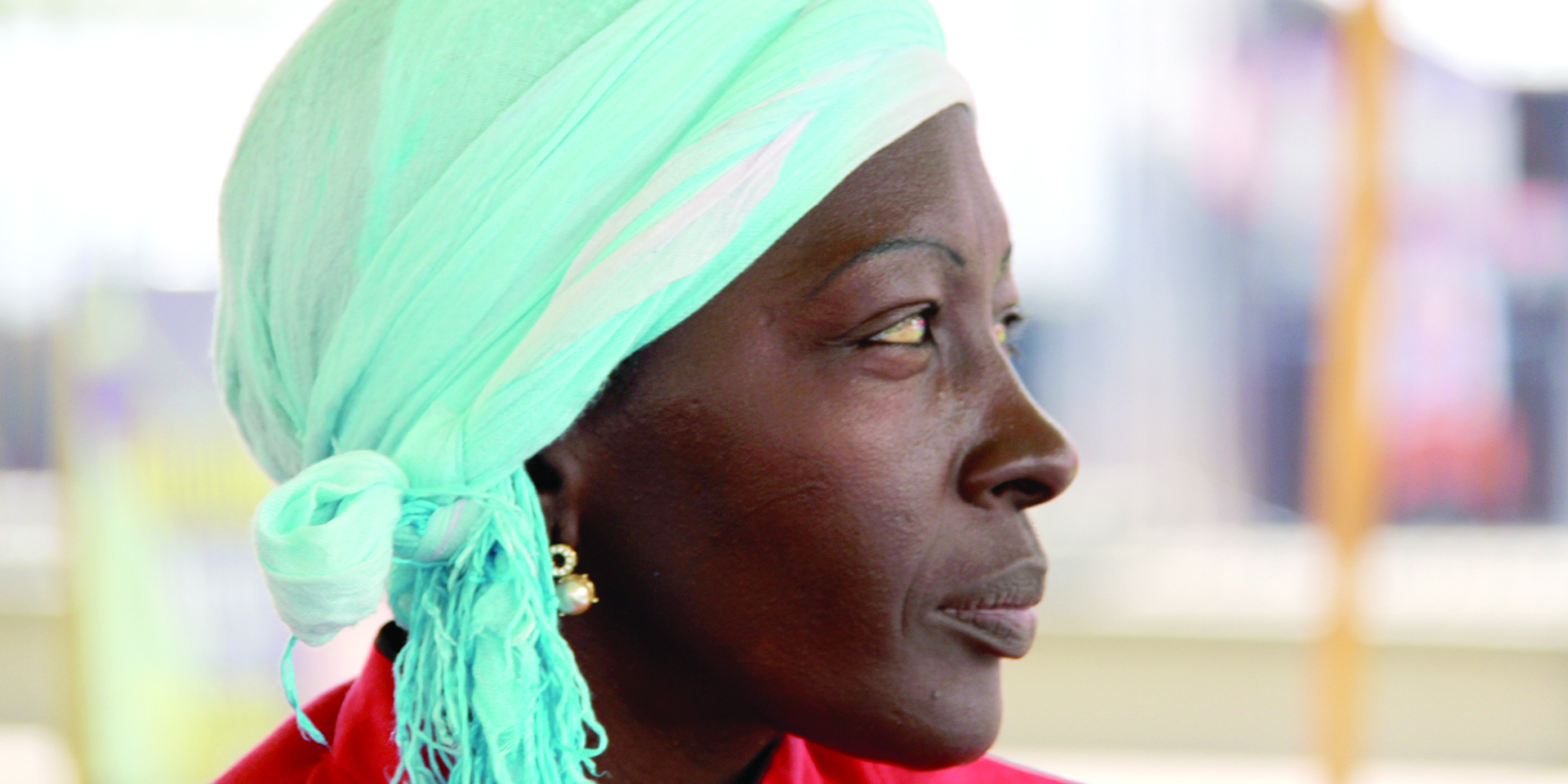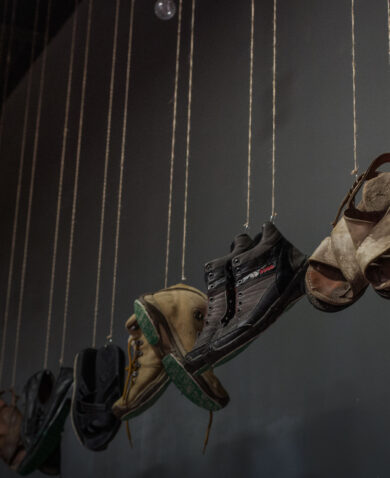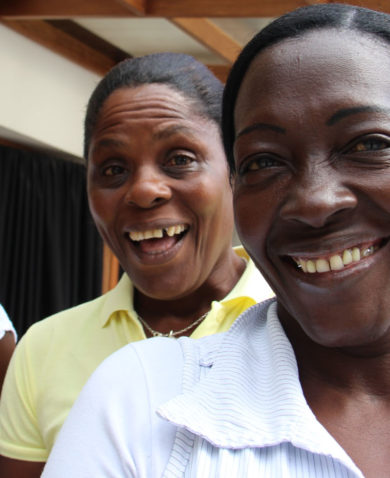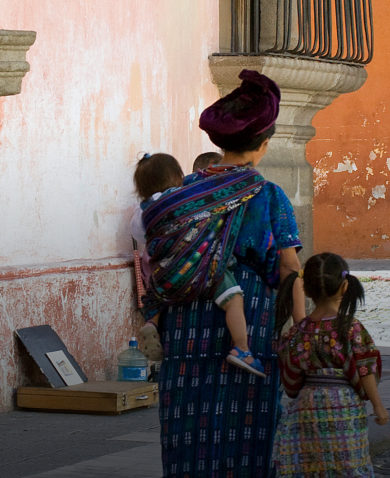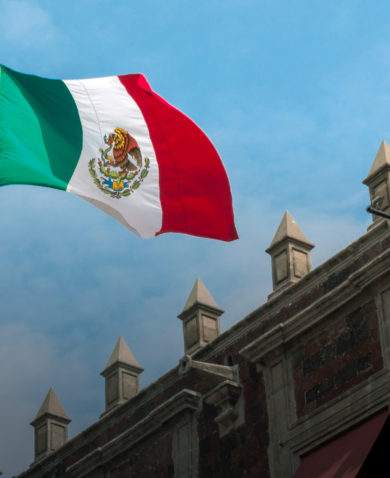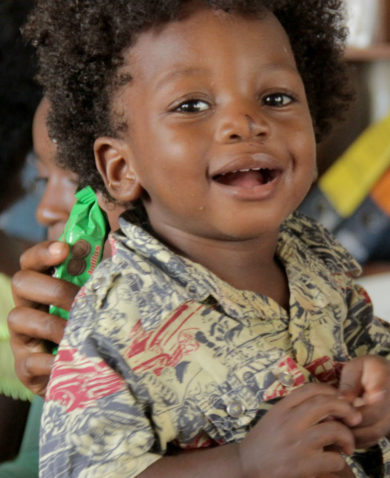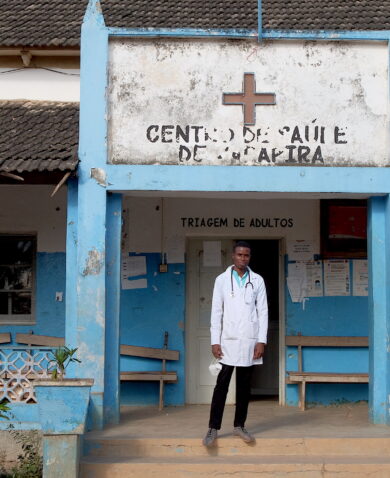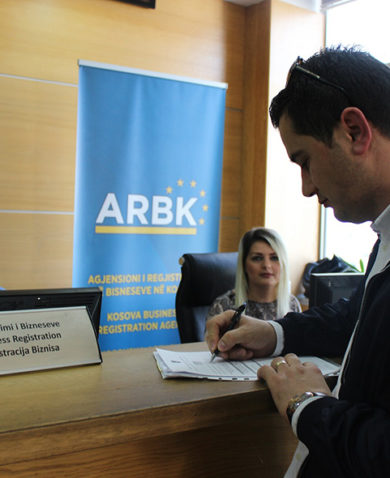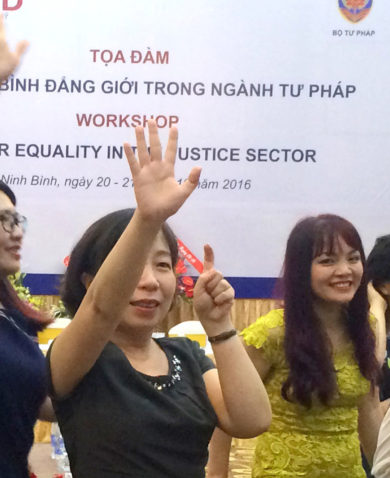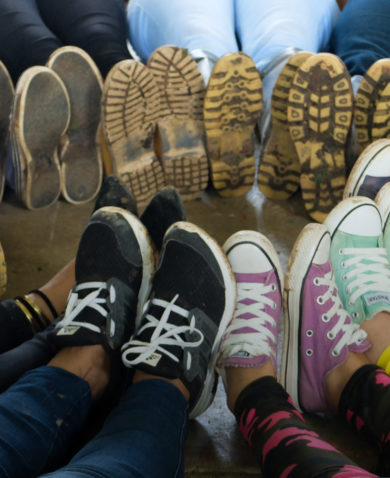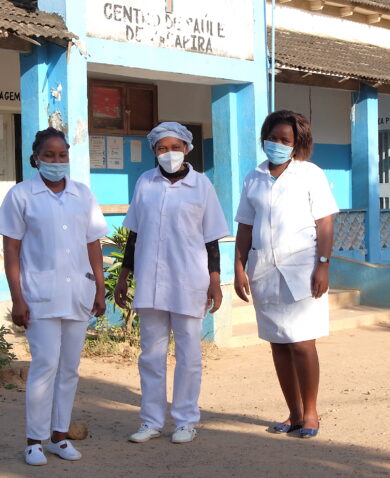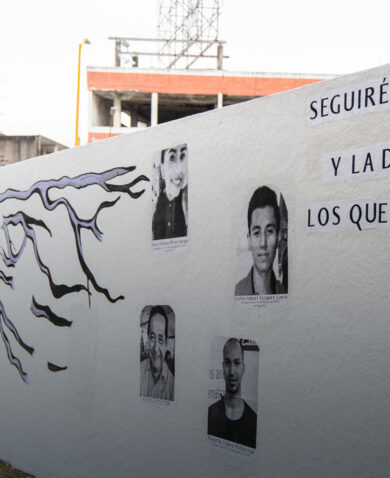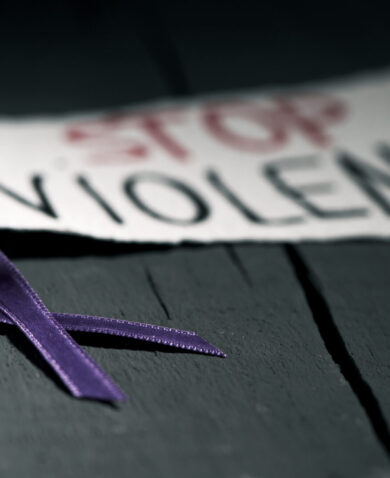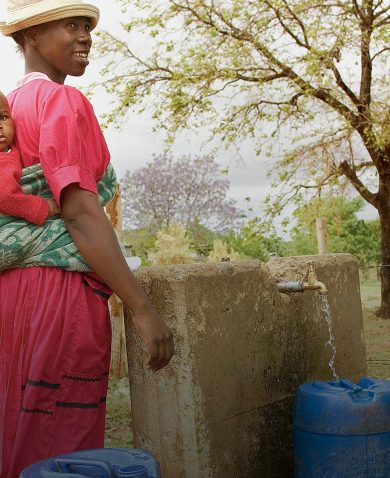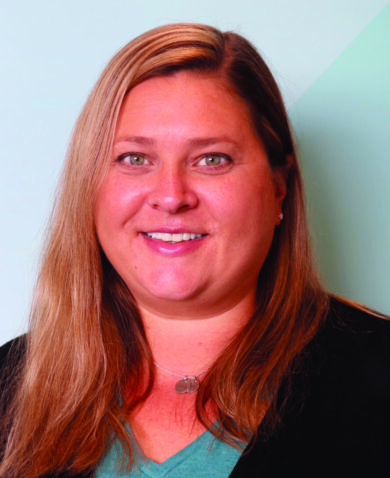Since teaming up with Red in June 2013, the program has supported some of the most innovative programs engaging women and girls throughout some of the most remote neighborhoods of Quibdo to begin uncovering an issue experienced by many women and girls, yet remarkably invisible. Key to its approach, it has empowered 28 women as change agents by training them in advocacy skills and Law 1257, a Colombian law passed in 2008 that focuses on preventing and responding to violence and discrimination against women. In only six months, these 28 women have worked with and trained an additional 600 women throughout neighborhoods in Quibdo. With these newly created networks, women have for the first time shifted their paradigms from victim to survivor.
Manuela Bonilla is one of the program’s change agents in Quibdo. She reclaimed her voice and is now using it to advocate for other victims:
“Before, I never left the house, I didn’t speak in public, I didn’t know the state had an obligation to care for my rights and that I had a responsibility to demand them. Today, I have a freedom of expression. I now speak in my community and I have taken on my community’s problems as if they were my problems, and now I know that I can do something to improve the situation of families and women affected by violence,” she said.
Bringing light to women’s issues and driving real change in Quibdo can only become a reality with the leadership and compliance of Colombia’s institutions. Because of this, the program worked with the Ombudsman’s Office to establish an innovative and crucial vehicle of information, orientation, and support to female victims seeking assistance: the Women’s Victims Center. Based in the municipal Justice House, the center is Quibdo’s first focal point for providing immediate services to victims of gender-based violence.

